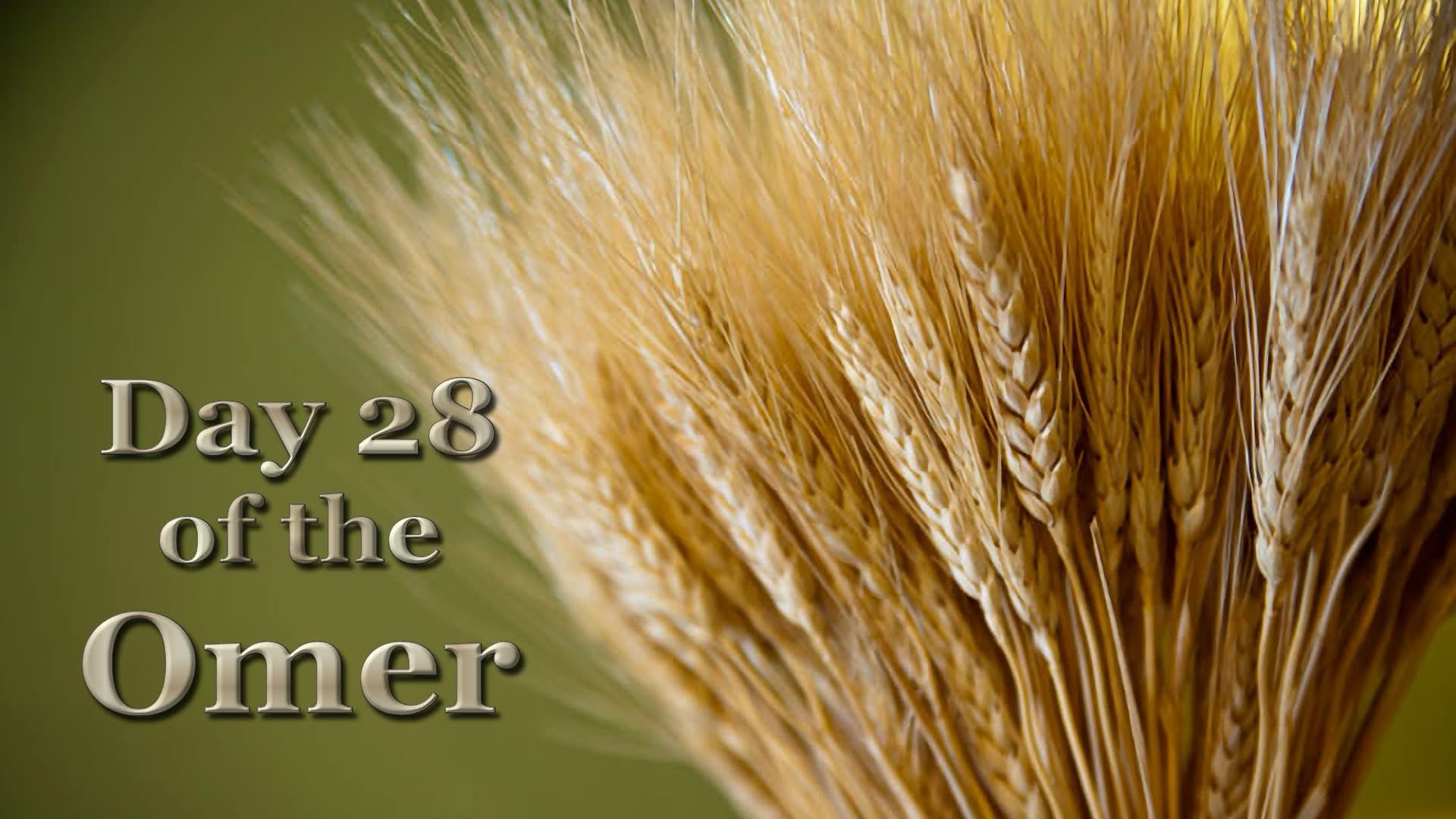Watch
Events
Articles
Market
More
Found OOMs ✔️
A scorpion, a "grotesque figure (a carpenter?) with a toad on his nose, carrying various implements walking to the left", and a hovering telephone
https://giphy.com/stickers/vap....orwave-26tPeYlZxsUl5
#dailyoom
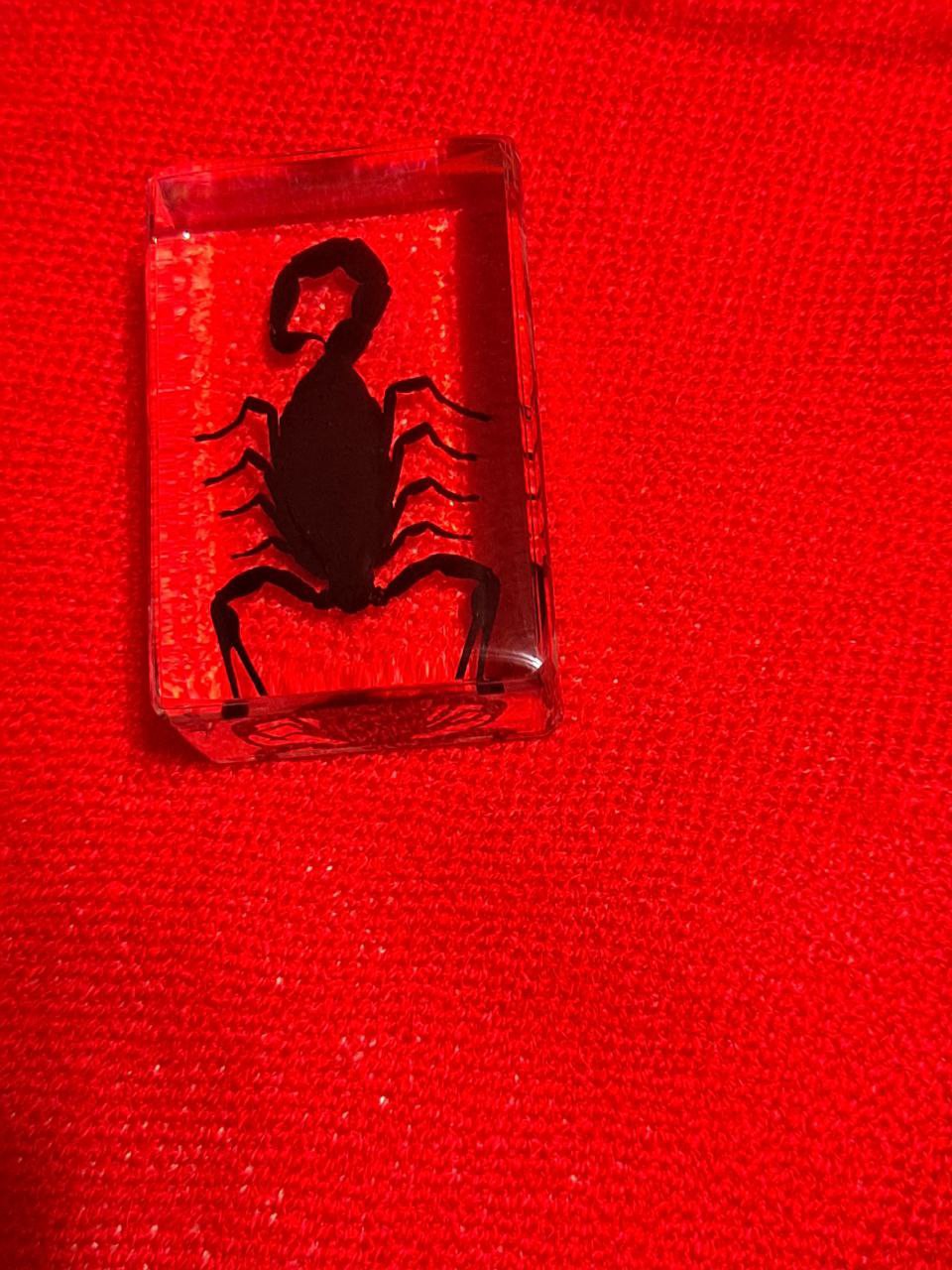



Found OOMs ✔️
A scorpion, a "grotesque figure (a carpenter?) with a toad on his nose, carrying various implements walking to the left", and a hovering telephone
https://giphy.com/stickers/vap....orwave-26tPeYlZxsUl5
#dailyoom




Found OOMs ✔️
A scorpion, a "grotesque figure (a carpenter?) with a toad on his nose, carrying various implements walking to the left", and a hovering telephone
https://giphy.com/stickers/vap....orwave-26tPeYlZxsUl5
#dailyoom
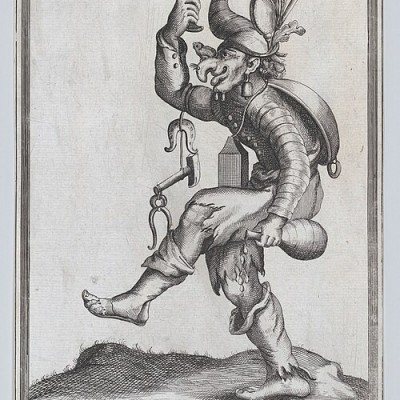
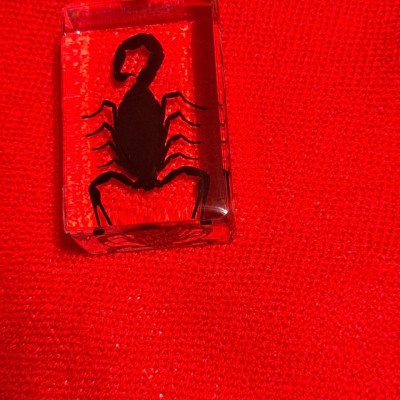




Created OOMs 👉
sunlight on a dark scratched painting of robotic apes swarming up the eiffel tower with thousands of tongs, in the style of pieter bruegel the elder
{prompt for an AI generated found OOM}
#dailycreatedoom
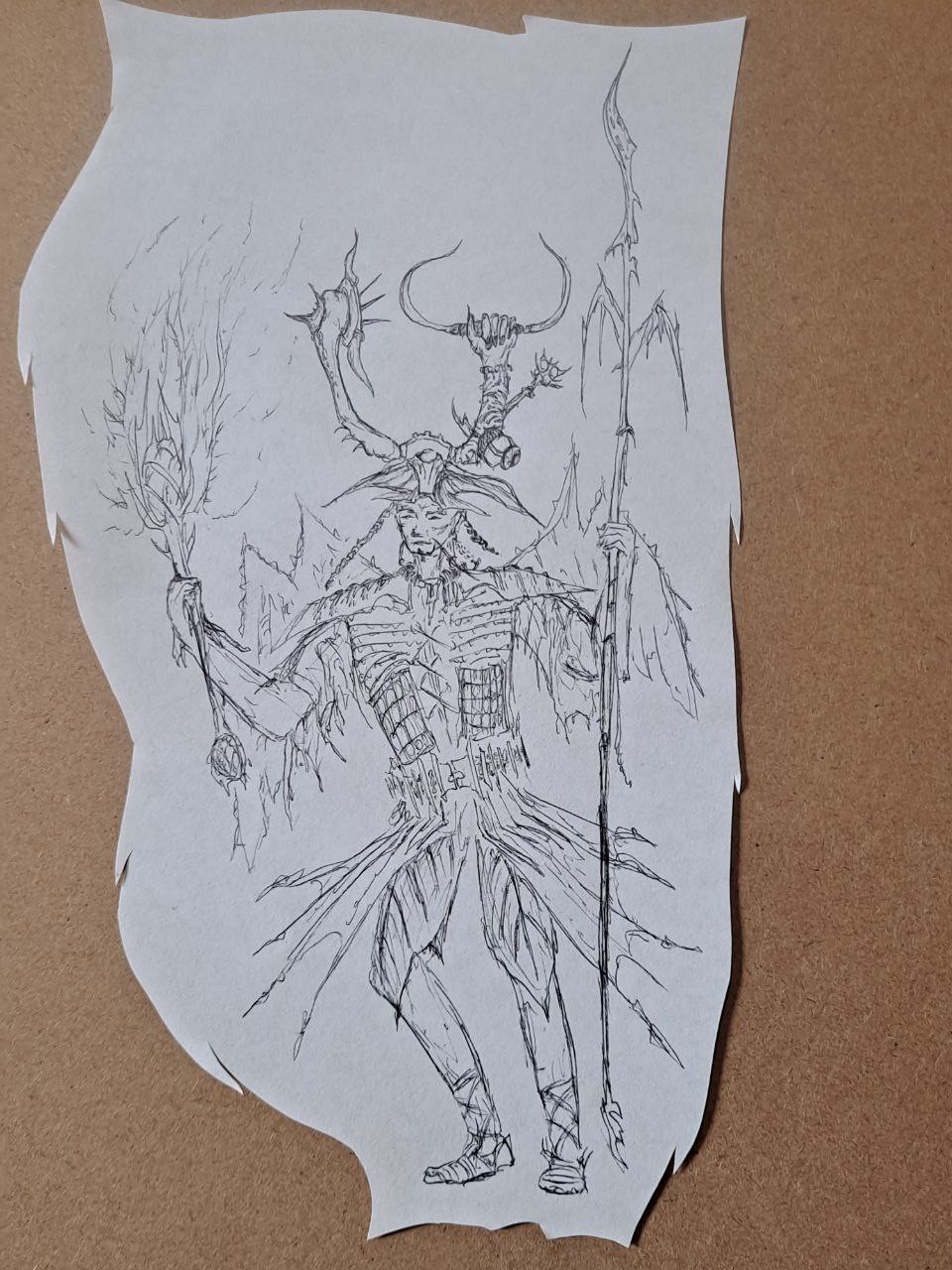



Created OOMs 👉
sunlight on a dark scratched painting of robotic apes swarming up the eiffel tower with thousands of tongs, in the style of pieter bruegel the elder
{prompt for an AI generated found OOM}
#dailycreatedoom
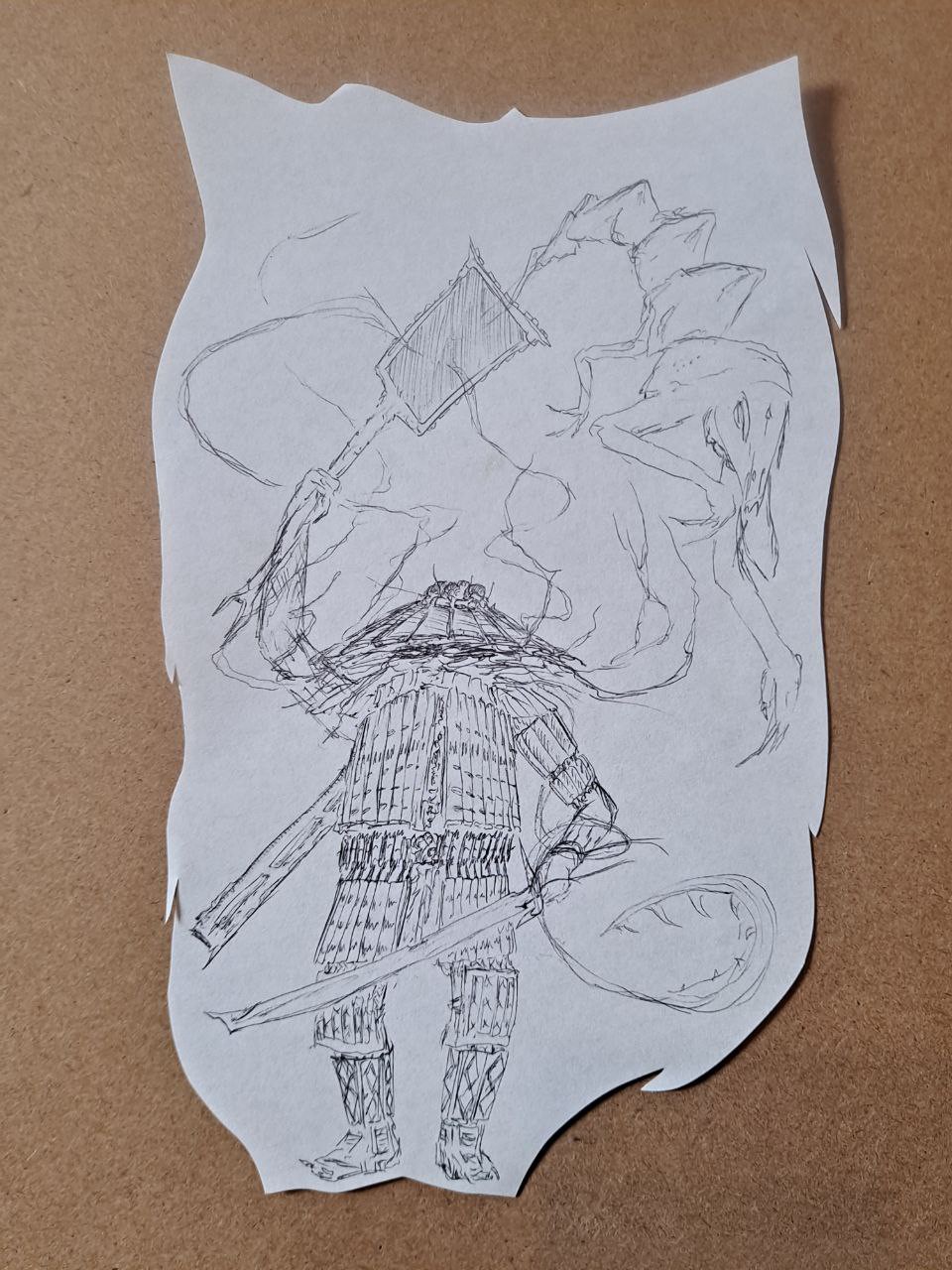



Created OOMs 👉
sunlight on a dark scratched painting of robotic apes swarming up the eiffel tower with thousands of tongs, in the style of pieter bruegel the elder
{prompt for an AI generated found OOM}
#dailycreatedoom
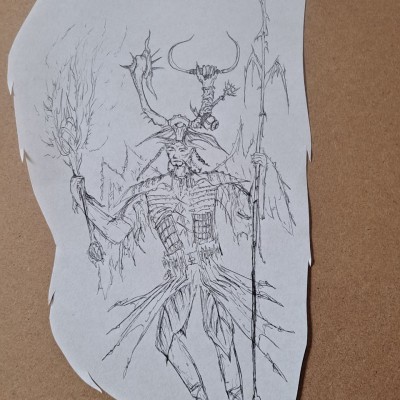
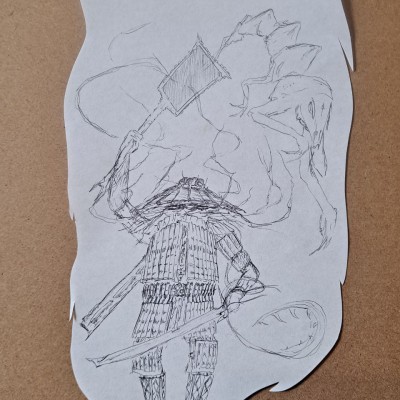



READINGS FOR OMER COUNT – DAY 28
Behold, I am about to fulfill the affirmative precept of the counting of the Omer, as it is written in the torah:
“And ye shall count unto you from the morrow after the Shabbath, from the day that ye brought the Omer of the wave-offering, seven complete weeks they shall be; until the morrow of the seventh Shabbath shall ye number fifty days.”
Blessed art Thou YHWH, our Elohym, King of the universe, who hast set us apart by Thy commandments and hast given us command concerning the counting of the Omer.
This is the twenty-eighth day, making four weeks and zero days of the omer.
May the All Merciful restore the service of the Temple to its place. May it be Thy will, YHWH our Elohym and Elohym of our fathers, that the Temple be speedily rebuilt in our days, and grant our portion in Thy Torah. And there we will serve Thee with awe, as in the days of old and as in ancient years.
May Elohym be favorable unto us and bless us. That Thy way may be known upon the earth, Thy salvation among all nations. Let the peoples give thanks unto Thee, Elohym; let all the peoples give thanks unto Thee. Let the nations rejoice and exult: for Thou wilt judge the peoples with equity and lead the nations upon the earth. Let the peoples give thanks unto Thee, Elohym; let all the peoples give thanks unto Thee. The earth hath yielded her increase: Elohym, even our Elohym, shall bless us. Elohym shall bless us; and all the ends of the earth shall fear Him.
READINGS: TEHILLAH 76
In Yehuḏah Elohim is known; His Name is great in Yisra’ěl.
And His booth is in Shalěm, And His dwelling place in Tsiyon.
There He broke the arrows of the bow, The shield and the sword and the battle-axe. Selah.
You are resplendent, More excellent than mountains of prey.
The stout-hearted have been stripped; They slept their sleep; And none of the mighty men have found their hands.
At Your rebuke, O Elohim of Ya‛aqoḇ, Both the rider and horse lay stunned.
You, You are to be feared; And who would stand in Your presence When You are displeased?
From heaven You shall cause judgment to be heard; The earth shall fear, and shall be still, When Elohim arises to judgment, To save all the meek of the earth. Selah.
For the wrath of mankind praises You, With the remainder of wrath You gird Yourself!
Make vows to YHWH your Elohim, and pay them. Let all who are around Him bring presents To the One to be feared.
He cuts off the spirit of leaders, He is awesome to the kings of the earth!
READINGS: TEHILLAH 77
My voice is to Elohim, and I cry; My voice is to Elohim, and He listened to me.
In the day of my distress I sought YHWH; My hand was stretched out in the night And it did not cease, My being refused to be comforted.
I remembered Elohim, and groaned; I complained, and my spirit grew faint. Selah.
You ceased the watches of my eyes, I was too troubled to speak.
I have thought about the days of old, The years long past.
I remember my song in the night, I meditate within my heart, And my spirit searches diligently.
Would YHWH reject forever, And never again be pleased?
Has His mercy ceased forever, Has the promise failed for all generations?
Has Ěl forgotten to show favor? Has He shut up His compassions in displeasure? Selah.
And I said, “This is my grief: That the right hand of the Most High has changed.”
I remember the deeds of Yah, For I remember Your wonders of old.
And I shall meditate on all Your work, And talk of Your deeds.
Your way, O Elohim, is in Set-apartness; Who is a great Ěl like Elohim?
You are the Ěl who does wonders; You have made known Your strength among the peoples.
By Your arm You have redeemed Your people, The sons of Ya‛aqoḇ and Yosěph. Selah.
The waters saw You, O Elohim; The waters saw You, they were afraid; The depths also trembled.
The clouds poured out water; The heavens rumbled; Also, Your arrows flashed back and forth.
The voice of Your thunder rolled along; Lightnings lit up the world; The earth trembled and shook.
Your way was in the sea, And Your path in the great waters, And Your footsteps were not known.
You did lead Your people like a flock By the hand of Mosheh and Aharon.
READINGS: MISHLE 18:13-24
He who answers a matter before he hears it, It is folly and shame to him.
The spirit of a man sustains him in sickness, But who does bear a broken spirit?
The heart of the understanding one gets knowledge, And the ear of the wise seeks knowledge.
A man’s gift makes room for him, And brings him before great men.
The first to state his own case, seems right, Until another comes and examines him.
The lot settles disputes, And separates between the mighty.
A brother transgressed against is a strong city, And contentions are like the bars of a citadel.
A man’s stomach is satisfied From the fruit of his mouth; He is satisfied with the increase of his lips.
Death and life are in the power of the tongue, And those loving it eat its fruit.
He who has found a wife has found excellence, And receives favor from YHWH.
The poor speaks beseechingly, But the rich answers fiercely.
A man of many friends might come to ruin, But there is a Loving One Who sticks closer than a brother!
READINGS: AVOTH 4:4-6
Rabbi Levitas of Yavneh said, be exceedingly lowly of spirit, since the hope of man is but the worm.
Rabbi Yochanan ben B’roqah said, whosoever profanes the Name of Heaven in secret, will suffer the penalty for it in public; and this, whether the Heavenly Name be profaned in ignorance or in willfulness.
Rabbi Yish’mael his son said, he who learns in order to teach is given the opportunity both to learn and to teach; but he who learns in order to practice is given the opportunity to learn and to teach, to observe and to practice.
